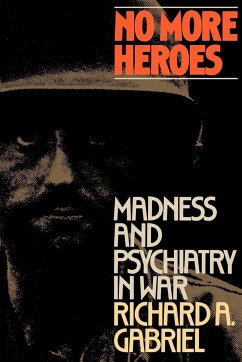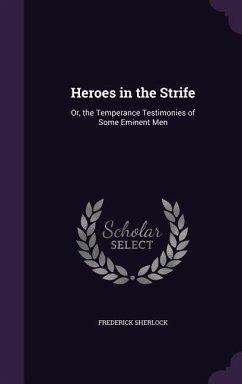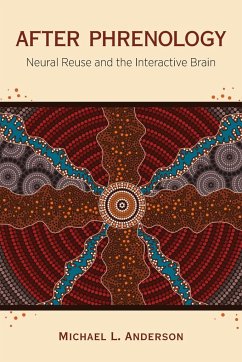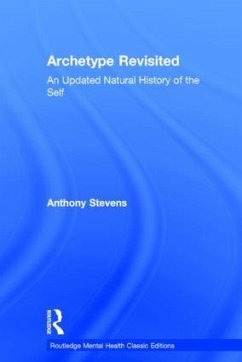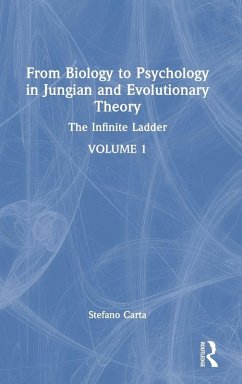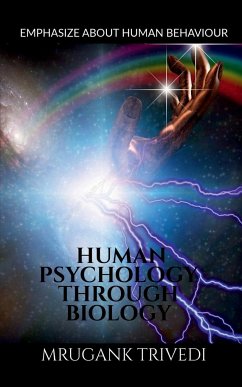
Liars, Lovers, and Heroes
What the New Brain Science Reveals about How We Become Who We Are

PAYBACK Punkte
9 °P sammeln!
This book combines cutting-edge findings in neuroscience with examples from history and the headlines to introduce the new science of cultural biology, born of advances in brain imaging, computer modeling, and genetics. Doctors Quartz and Sejnowski show how both our noblest and darkest traits are rooted in brain systems so ancient that we share them with insects. They then demystify the dynamic engagement between brain and world that makes us something far beyond the sum of our parts. The authors show how our humanity unfolds in precise stages as brain and world engage on increasingly complex ...
This book combines cutting-edge findings in neuroscience with examples from history and the headlines to introduce the new science of cultural biology, born of advances in brain imaging, computer modeling, and genetics. Doctors Quartz and Sejnowski show how both our noblest and darkest traits are rooted in brain systems so ancient that we share them with insects. They then demystify the dynamic engagement between brain and world that makes us something far beyond the sum of our parts. The authors show how our humanity unfolds in precise stages as brain and world engage on increasingly complex levels. Their discussion embraces shaping forces as ancient as climate change over millennia and events as recent as the terrorism and heroism of September 11, and offers intriguing answers to some of our most enduring questions, including why we live together, love, kill -- and sometimes lay down our lives for others.




